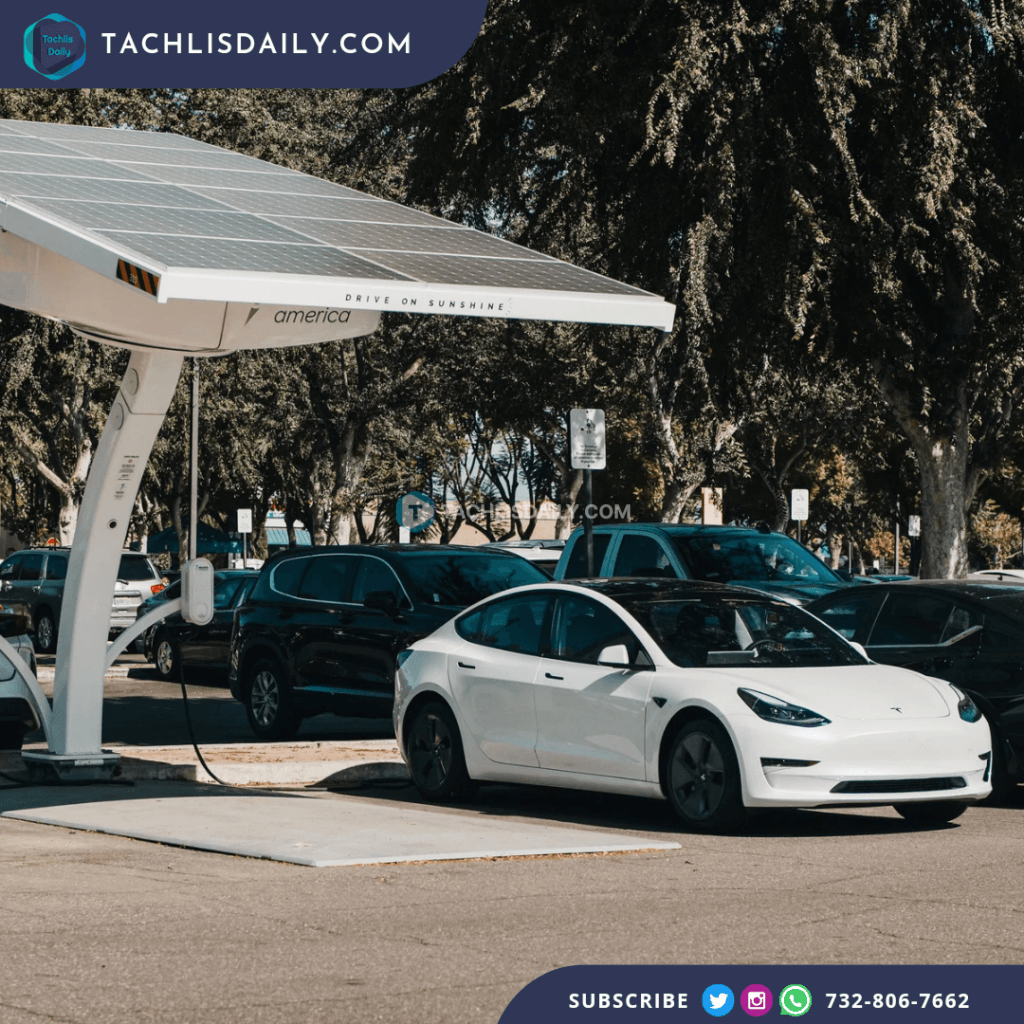Tesla’s grip on the European electric vehicle (EV) market continues to weaken, with new car sales plummeting for the fifth month in a row amid fierce competition and intensifying political backlash.
In May, Tesla’s new car registrations across the European Union, United Kingdom, and the European Free Trade Association dropped to 13,863 units a steep 27.9% year-over-year decline. This sustained drop pushed the company’s regional market share down to just 1.2%, a significant fall from 1.8% in the same month last year.
The ongoing slump highlights a broader downward trend for the U.S.-based EV pioneer, which has seen its brand suffer under the weight of increasing political controversy. Much of the reputational damage stems from CEO Elon Musk’s high-profile involvement in U.S. politics, including nearly $300 million in campaign support for President Donald Trump and subsequent efforts to influence federal policy. These moves have sparked protests outside Tesla dealerships across Europe and fueled consumer distrust.
Tesla’s recent internal turbulence was further compounded when Musk severed ties with the Trump administration after a highly publicized falling out. Despite this, the automaker remains under pressure from both legacy automakers and aggressive new challengers from China.
Chinese EV manufacturers, notably BYD, have rapidly gained ground in Europe. In May, Chinese automakers collectively sold 65,808 units, more than doubling their market share in the region to 5.9%. This growth comes in spite of European Union tariffs targeting Chinese-made electric vehicles. Analysts attribute the strong performance to strategic product offerings, including plug-in hybrids and full hybrid models, which continue to resonate with European consumers.
Tesla had hoped that its refreshed Model Y SUV could help reverse its fortunes. The model recently showed promise in Norway, contributing to a brief uptick in sales. However, this isolated success has yet to materialize at a broader regional scale.












